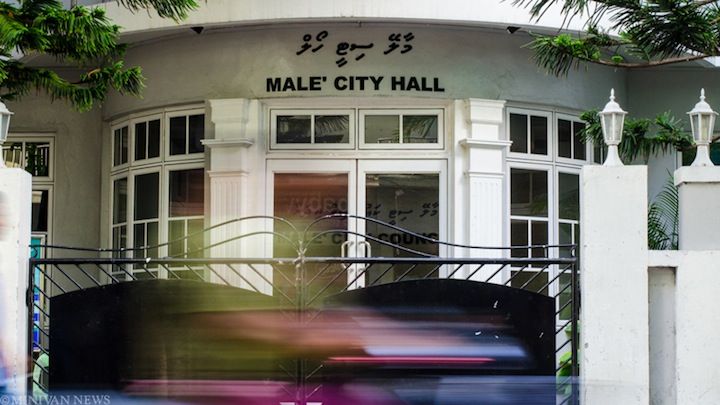Parliament approves pay cuts for city councillors
Since President Abdulla Yameen assumed power in November 2013, the government had gradually stripped the Malé City Council of its authority and staff. Nine of the 11 Malé City councilors and all six members of the Addu City Council belong to the MDP. The pay cuts were recommended by the parliament’s public accounts committee after the council’s functions were transferred to the housing ministry.

12 Oct 2015, 09:00
The parliament today approved pay cuts of more than 50 percent for Malé and Addu city councillors. Both municipal councils are dominated by the main opposition Maldivian Democratic Party (MDP)
A recommendation by the parliament’s pro-government-majority public accounts committee to reduce wages was approved with 47 votes in favour, 17 against and three abstentions.
The oversight committee said the cuts are justified by the transfer of the city’s powers and responsibilities to the housing ministry.
The 17 city councillors will now receive a salary nearly equivalent to that of island councillors.
Become a member
Get full access to our archive and personalise your experience.
Already a member?
Discussion
No comments yet. Be the first to share your thoughts!
No comments yet. Be the first to join the conversation!
Join the Conversation
Sign in to share your thoughts under an alias and take part in the discussion. Independent journalism thrives on open, respectful debate — your voice matters.




